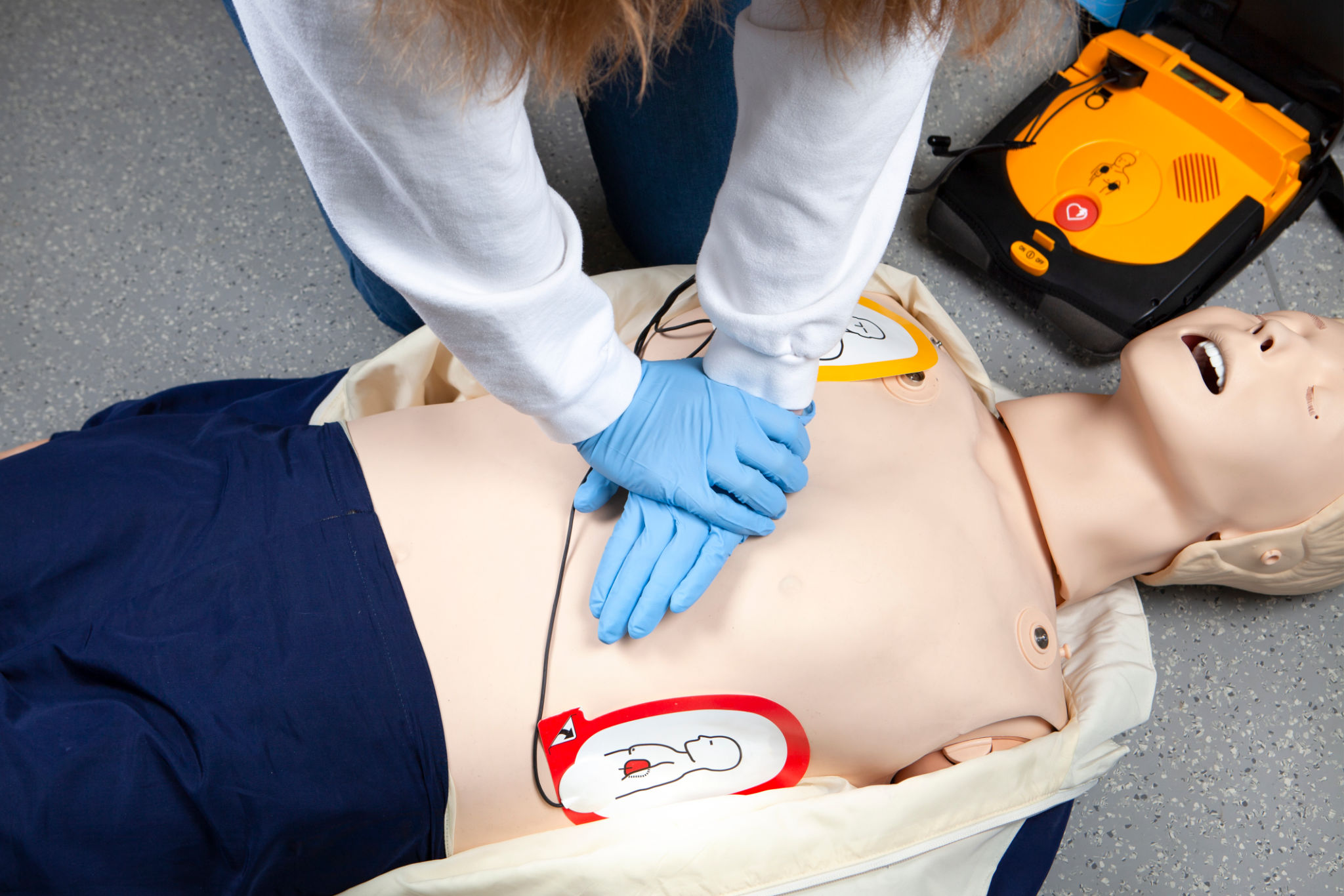Understanding the Differences Between CPR Courses: Which One is Right for You?
Why Understanding CPR Courses is Crucial
Cardiopulmonary resuscitation (CPR) is a life-saving technique crucial for emergency situations. Whether you're a healthcare professional, a teacher, or simply a responsible individual, knowing CPR can make a significant difference. However, not all CPR courses are the same. Understanding the differences among them will help you choose the one that best suits your needs.
CPR courses are designed to cater to different audiences, each with specific requirements and focuses. From basic bystander CPR to advanced courses for healthcare providers, the range of options can be overwhelming. This guide aims to clarify the distinctions and help you make an informed decision.

Basic CPR Courses
Community Courses
Community CPR courses are often aimed at the general public. These courses teach essential skills needed to perform CPR without advanced medical equipment. Usually, they cover techniques like chest compressions and rescue breathing. These courses are perfect for anyone who wants to be prepared in case of an emergency.
Family and Friends CPR
The Family and Friends CPR course is usually shorter and focuses on hands-only CPR. It is an excellent choice for those who want a quick overview of the basics without certification. This course often emphasizes the importance of immediate action in emergencies.

Advanced CPR Courses
Healthcare Provider Courses
Healthcare Provider CPR courses are intended for medical professionals who need comprehensive training. These courses cover advanced techniques such as the use of defibrillators and specialized equipment. They also include scenarios that healthcare workers are likely to encounter in a clinical setting.
Professional Rescuer Courses
For those in roles such as lifeguards or emergency responders, Professional Rescuer CPR courses offer in-depth training. These courses include two-rescuer scenarios and advanced airway management techniques. Certification from these courses is often necessary for professional positions involving emergency response.

Choosing the Right Course for You
When deciding on a CPR course, consider your personal or professional needs. If you're looking to be prepared for family emergencies, a basic course might suffice. However, if your job involves emergency care, an advanced course is likely required.
It's also essential to consider the certification requirements of your state or employer. Some professions mandate specific certifications, so ensure that the course you choose meets those criteria.
Conclusion: Take the Step to Save Lives
Ultimately, choosing the right CPR course can empower you with the skills needed to save lives. Whether you're aiming for basic preparedness or advanced professional training, there's a course tailored to your needs. Take the initiative to learn CPR today, and you could be the difference in someone's life tomorrow.
